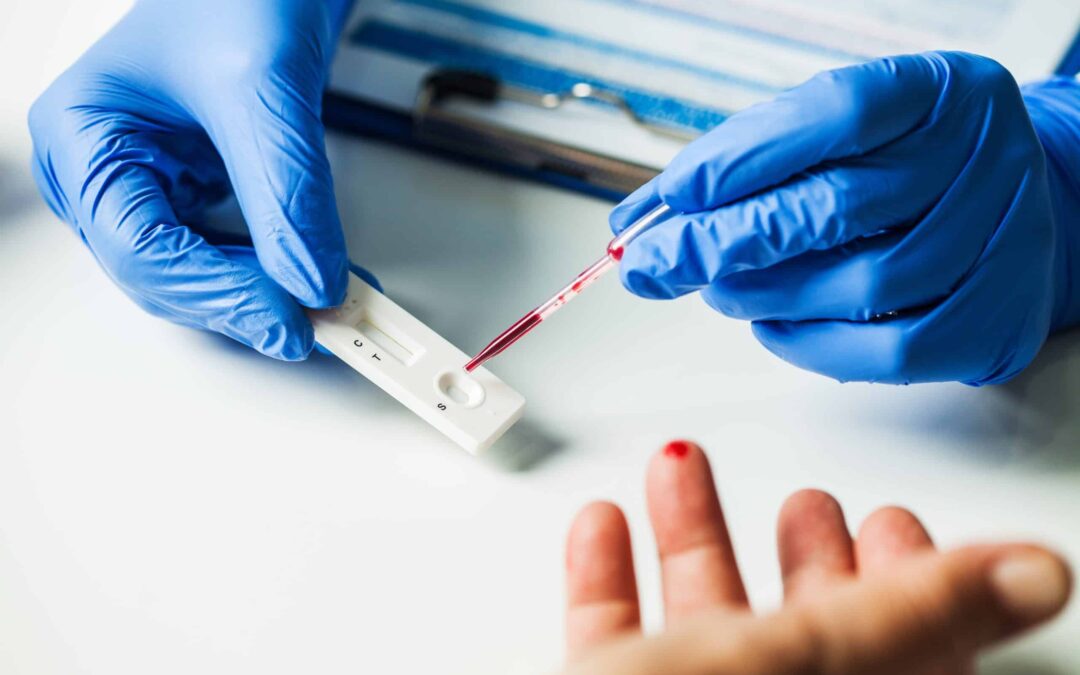Effective strategies for blood sugar control are crucial for maintaining health and managing diabetes. Maintaining optimal blood sugar levels is crucial for overall health, especially for individuals with diabetes or those at risk of developing it. Effective blood sugar control can help prevent complications and improve quality of life. Here are some proven effective strategies for blood sugar control:
Follow a Balanced Diet
A well-balanced diet plays a pivotal role in blood sugar management. Incorporate a variety of nutrient-dense foods, including whole grains, lean proteins, healthy fats, and plenty of fruits and vegetables. Focus on low glycemic index (GI) foods, which have a slower impact on blood sugar levels. Avoid excessive intake of sugary and refined carbohydrates, as they can cause rapid spikes in glucose levels. Portion control and regular meal times also contribute to stable blood sugar levels.
Regular Physical Activity
Exercise is an effective way to manage blood sugar levels. Engaging in regular physical activity, such as brisk walking, cycling, or strength training, helps your body use insulin more efficiently and lowers blood sugar levels. Aim for at least 150 minutes of moderate-intensity exercise per week. Incorporating both aerobic and resistance training can enhance overall glucose control and support cardiovascular health.
Monitor Blood Sugar Levels
Frequent monitoring of blood sugar levels allows for better management and adjustment of your diabetes care plan. Use a glucometer or continuous glucose monitor (CGM) to track your glucose levels throughout the day. Regular monitoring helps identify patterns and triggers that affect blood sugar, enabling you to make informed decisions about diet, exercise, and medication.

Stay Hydrated
Proper hydration is essential for maintaining healthy blood sugar levels. Drink plenty of water throughout the day to stay hydrated and support overall bodily functions. Dehydration can affect blood sugar control and increase the risk of complications, so aim to consume adequate fluids daily.
Manage Stress Effectively
Chronic stress can negatively impact blood sugar levels by increasing insulin resistance. Incorporate stress-reducing activities into your daily routine, such as meditation technique, deep breathing exercises, or yoga. Managing stress not only supports better glucose control but also promotes overall well-being.
Prioritize Quality Sleep
Adequate sleep is crucial for blood sugar regulation. Poor sleep quality or insufficient sleep can lead to insulin resistance and higher blood sugar levels. Aim for 7-9 hours of quality sleep each night and establish a consistent sleep schedule. Create a relaxing bedtime routine and ensure your sleep environment is conducive to restful sleep.
Consult Healthcare Professionals
Regular check-ups with healthcare professionals, including your primary care physician and endocrinologist treatments, are essential for effective blood sugar management. They can provide personalized advice, adjust medications if needed, and help you stay on track with your blood sugar control plan. WebMD on maintaining optimal blood sugar levels.
Educate Yourself
Staying informed about diabetes and blood sugar management is key to effective control. Educate yourself about the condition, treatment options, and lifestyle changes that can impact your health. Participate in diabetes education programs and seek resources from reputable organizations to stay updated on best practices.

